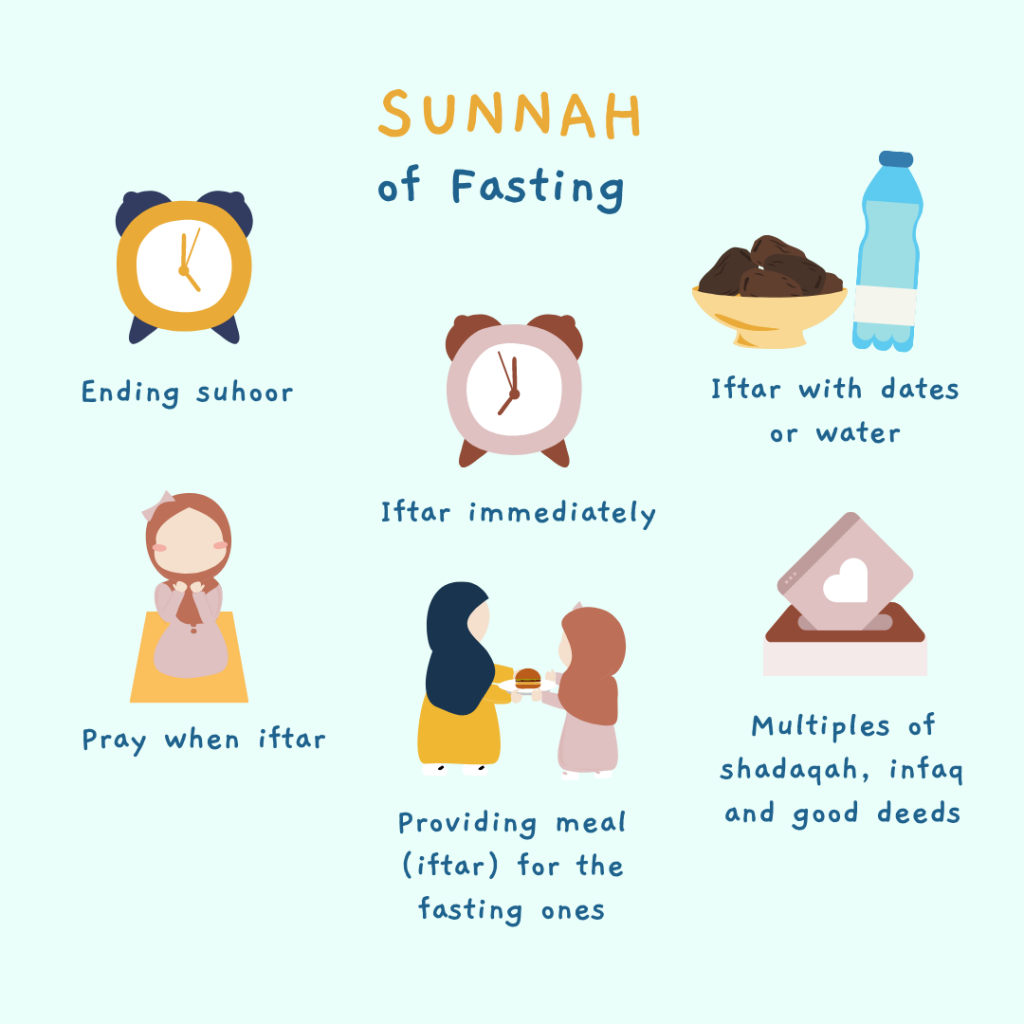Hi, it’s Jef again, today I wanted to share some thoughts on fasting and the wellbeing effects since we are 2 weeks into Ramadan. I’ve been 1 ½ years in UAE and even if I understand the basics of it, little did I know about the actual history of such an important month in our gracious hosts’ year. I wanted to share and then explain its benefits, for those brave enough to actually join our Muslim brothers and sisters in their fast (I know a few people who do and I’m seriously considering doing it next year).
The word Ramadan comes from the Arabic root “ar-ramad”, which means scorching heat. It is also the 9th month of the Islamic calendar which is lunar, and Muslims from all around the world fast (dry fast) in Sunnah (tradition of the prophet). Fasting starts before Fajr prayer( at the start of dawn, which in the Islamic day counts as the 3rd prayer), until Maghrib, 1st prayer of the day (coinciding with sunset).
An Islamic day starts at sunset, even if the prayer is the 4th of the day (if you start counting from midnight on). Muslims commemorate the revelation of the Quran to prophet Muhammad by archangel Jibril (aka Gabriel). The terms Fard (refraining from eating, drinking, smoking and sexual activity), Iftar (when fast is broken), Suhoor (the last meal before fasting begins) and Eid al-Fitr (festival of breaking of the fast) are the different rites that take place identically every day of Ramadan, in a total of 5 daily prayers.
There is a lot more about Ramadan than what I can cover in this post, so bare with me, and we’ll respectfully pause with the history and turn to fasting.
Ramadan fasting falls closest to the category of a 12-hour intermittent dry fast (no water included) taking place only in daylight hours.
First, some background on the 5 physiological stages of fasting.
When you eat, levels of insulin rise. This does a few things:
- Some of the insulin transports glucose into cells
- Lipolysis (the burning of fat) stops.
- When your liver & muscle glucose stores (glycogen) are full, insulin directs glucose to be stored as body fat
- Stage 1: The eating/feeding phase (your last meal)
- Stage 2: The fasting phase (0-6 hours after your last meal)
- Towards the beginning of your fast, your insulin levels begin to drop, and your body starts to burn stored glycogen for fuel
- Stage 3: The post-absorptive phase (6-24 hours after your last meal)
- Once your glycogen stores run out, the body begins breaking down damaged proteins through a process known as gluconeogenesis to provide cells with energy
- (Thinking ahead, once you eat again, the body starts to replace/regenerate these damaged proteins)
- Stage 4: The fat-burning stage (24-36 hours after your last meal)
- Stage 5: The protein conservation stage
- All of the body’s energy is derived from fat at this stage.
Now back to Ramadan. This information would suggest that during this type of fast, we would stop at physiological stage 3 of fasting, nevertheless ,we can still reap various benefits which I will explain later. It is very important to break your fast slowly with the following foods : dried fruits (like dates), soups, fermented foods, vegetables and healthy fats. And not eat too much!
The benefits of fasting till stage 3 are the following:
o Weightloss.
o Slows down the aging process by increasing cellular repair
o Reducing inflammation and supporting hormonal balance.
o Improving brain health
o Increasing resistance to oxidative stress
o It lowers insulin levels, reducing risk of diabetes and heart disease
o Improves metabolism
o Benefits your skin
o Detoxes
o Strengthens our resolve and gives us discipline
o Instills humillity
o Bring us closer to God and others
There are countless benefits to fasting. It’s no coincidence that the biggest religions like Islam, Judaism, Christianism, Buddhism and Mormons encourage fasts. The purpose is not just a way of giving up, but of making room for something greater in our soul. Social fast is an equalizer and a reminder that we are all one and the same. Ruling out pre-existing medical conditions, fasting is an act of worship, that is both cleansing for the body and the soul.
It is my belief, that when corporate culture is respectful and inclusive of our personal culture, employee engagement thrives. Fasting, in this sense is a powerful driver to bring people of different cultures together. Tradition isn’t non-sense, more and more we understand that science supports millenary traditions, and we should strive to keep them alive.
Ramadan Kareem to all.
JEF, Herculean Alliance partner in Corporate Wellbeing
